The intersection of faith and science often sparks debate, particularly when deeply rooted religious beliefs clash with scientific evidence.
This article takes us through common religious convictions that have held their ground despite scientific contradictions. Let’s dive into an engaging discussion that respects both perspectives while uncovering the facts laid out by science.
The Age of the Earth: Millennia or Billions?
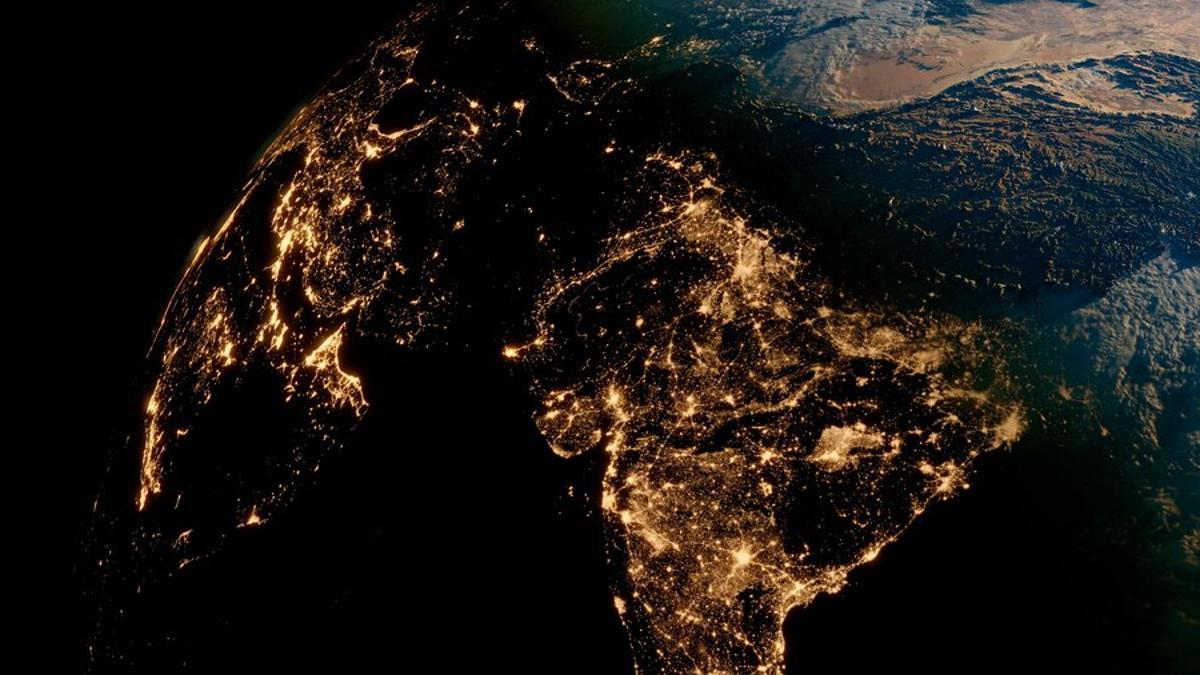
Radiometric dating and geological analyses solidly estimate the Earth’s age at approximately 4.54 billion years, a stark contrast to the few thousand years cited by many religious doctrines.
“Earth is estimated to be 4.54 billion years old, plus or minus about 50 million years,” according to National Geographic. This vast difference highlights the challenging discourse between scientific findings and literal interpretations of sacred texts.
Earth: The Universe’s Center?
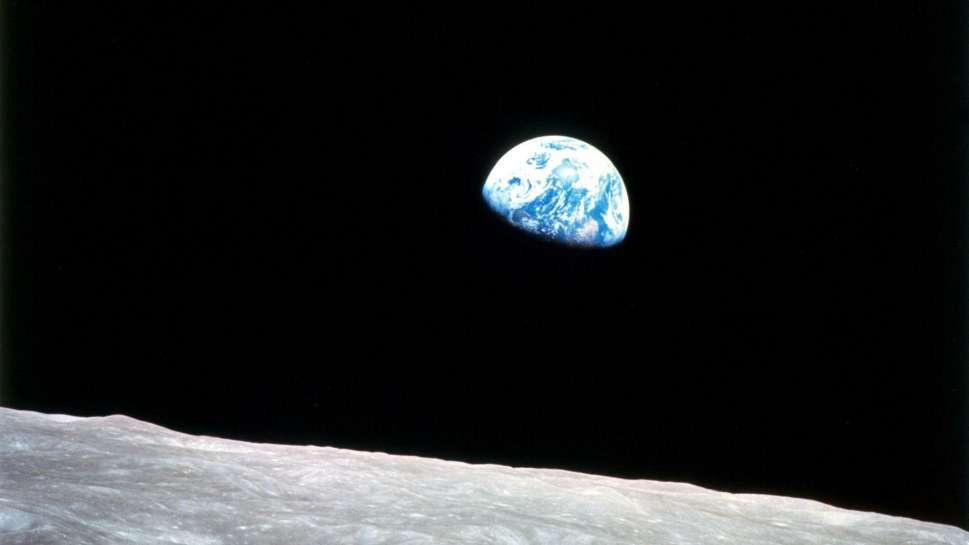
Once considered the center of the universe in many ancient religious views, Earth has been scientifically shown to orbit the sun, which is just one of many stars in our galaxy.
Space.com explains this heliocentric model, highlighting how vast and expanding our universe truly is, moving away from geocentric beliefs.
Dinosaurs and Humans: A Mythical Coexistence?
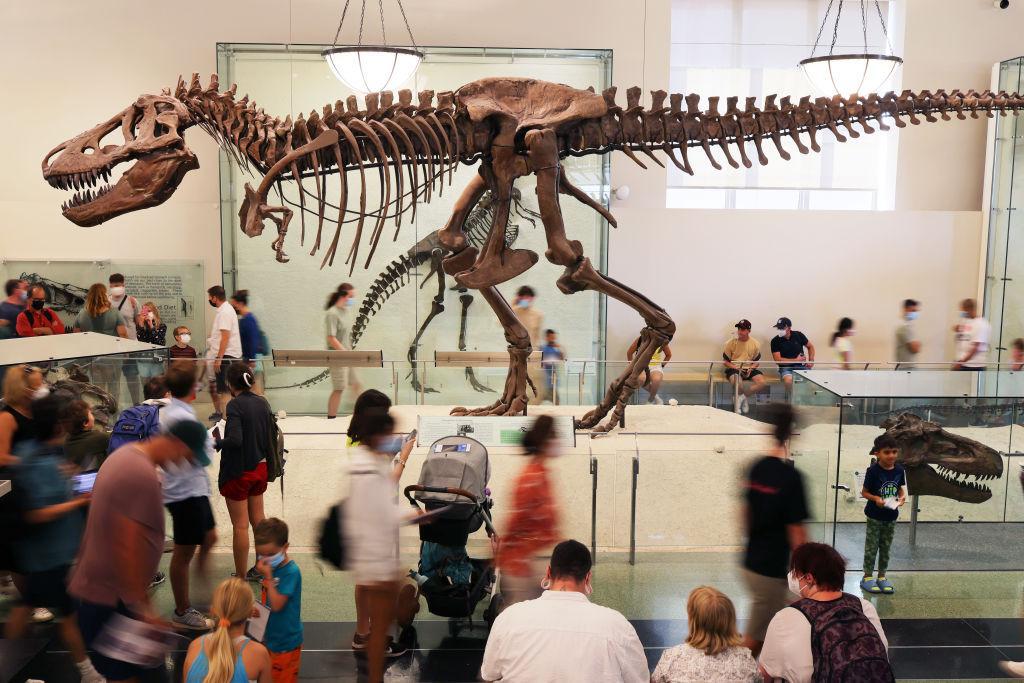
It’s a popular myth in some circles that humans and dinosaurs once shared the Earth. However, scientific evidence clearly shows that dinosaurs became extinct around 66 million years ago, significantly before humans evolved.
9Meters confirms this timeline, challenging narratives found in some religious texts that suggest a coexistence.
The Global Flood: Myth or Geological Event?

While the story of Noah’s Ark is a cornerstone in many faiths, geological records do not support the occurrence of a global flood that covered the Earth’s highest mountains.
“The one thing we know for sure from geology is that a global flood never happened,” says University of Washington professor David Montgomery (via LiveScience).
Astrology and Supernatural Forces: Searching for Evidence

Astrology and supernatural beliefs provide comfort and a sense of wonder for many. Yet, rigorous scientific testing often falls short of proving these influences.
Psychology Today discusses the lack of scientific evidence for astrology, exploring why belief in supernatural forces persists despite a lack of proof.
Science and Divinity: Can They Coexist?

The relationship between science and religion has long been a contentious topic. Some argue that they are inherently incompatible, while others believe they can coexist harmoniously. In recent years, more and more religious leaders have embraced scientific findings, acknowledging that science does not necessarily undermine their faith.
One example of this is Pope Francis’ endorsement of the Big Bang theory and evolution in 2014, stating that they are not in conflict with the Catholic Church’s teachings (via The Economic Times).
Creation in Six Days?
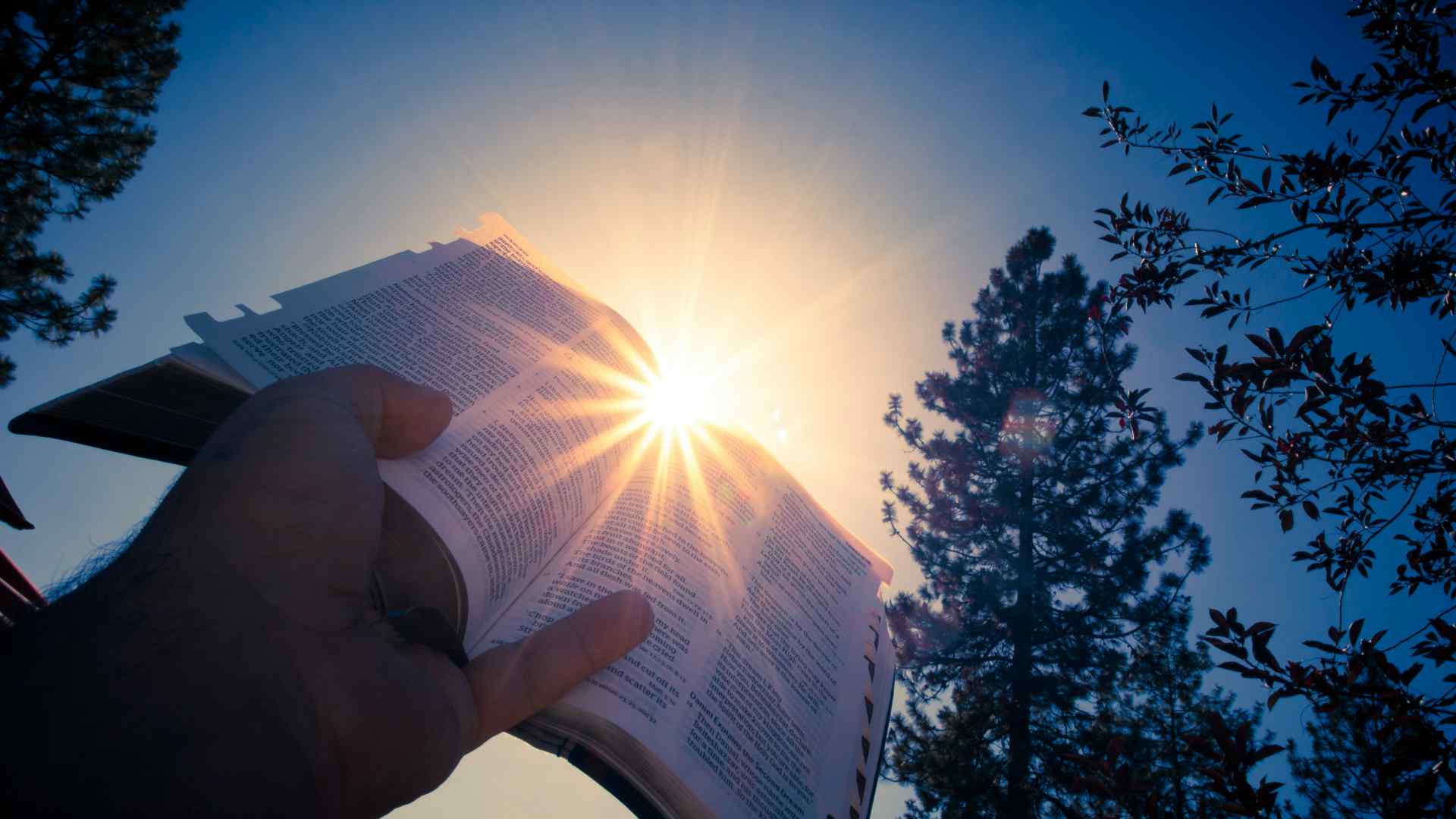
The belief in a universe created over six days is contrasted sharply by scientific evidence suggesting a billions-year-long process.
The University of Chicago supports this broader timeline, which includes the slow formation of celestial bodies and life, a process vastly different from the rapid creation model found in some religious texts.
Evolution vs. Creationism: The Species Debate
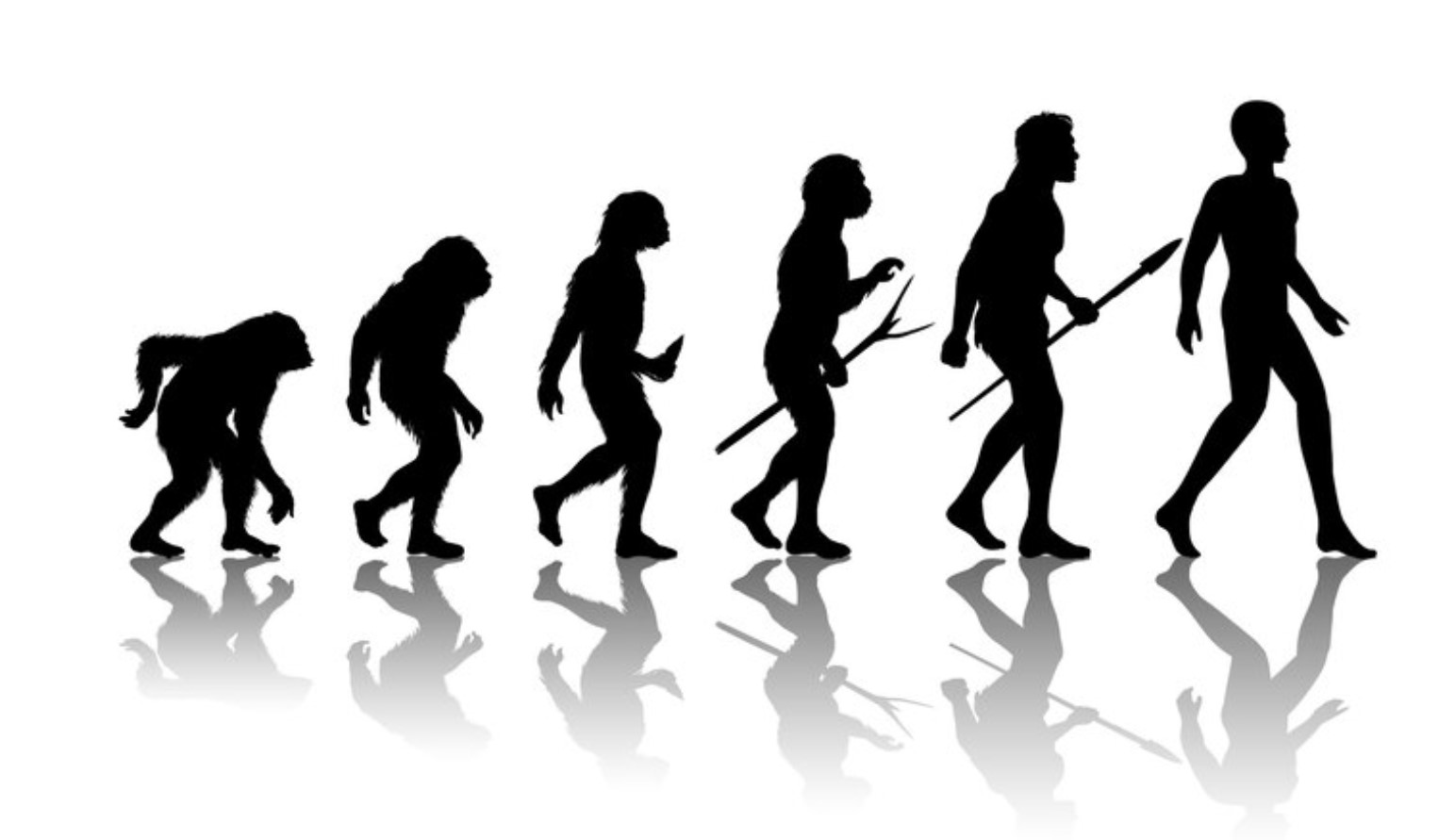
The theory of evolution, supported by fossils, DNA, and observed natural selection, conflicts with the creationist belief that all species appeared in their current forms.
This separation in belief and evidence invites a continuous debate on the origins and development of life, with evolution providing a well-supported explanation for the diversity of life forms (via the UC Museum of Paleontology Understanding Evolution).
Miracles: Divine Intervention or Natural Phenomena?
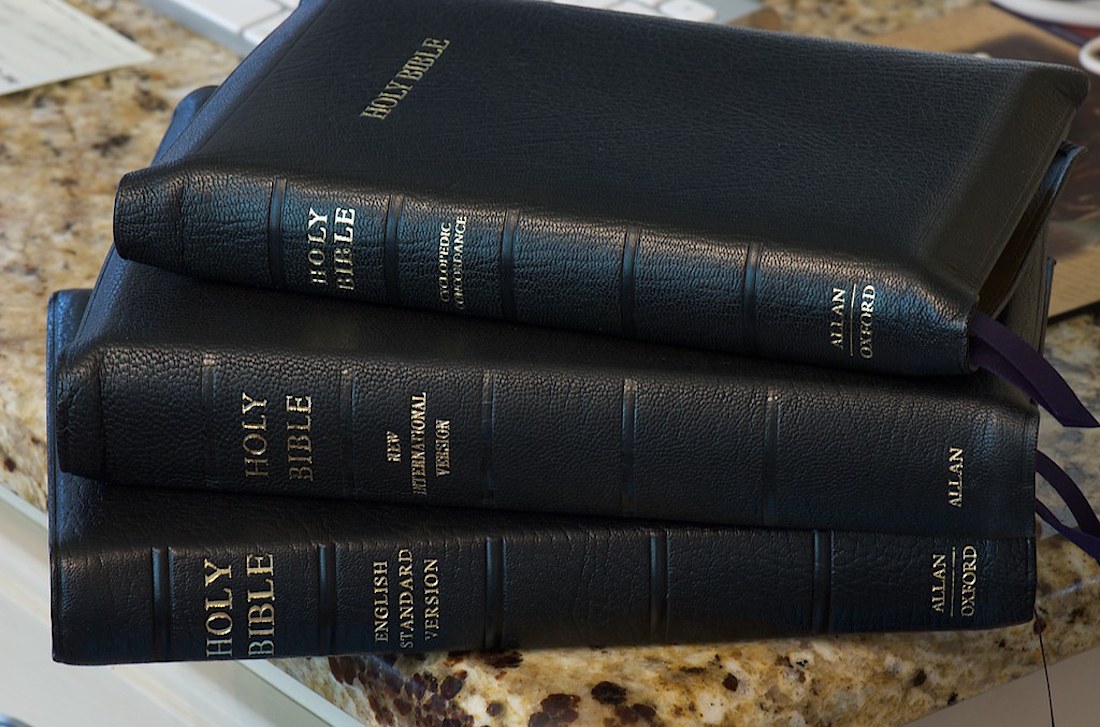
Miracles are often seen as proof of divine intervention by many faiths. However, science seeks natural explanations for the unexplained.
This search often leads to natural explanations for phenomena once considered miraculous, emphasizing a preference for understanding over mysticism (via The Faraday Papers).
The Power of Prayer: Healing or Comforting?

Many hold the belief that prayer can heal physical ailments. While personal testimonies and psychological benefits are significant, The Los Angeles Times reported on a study that “showed that prayers had no beneficial effect on patients’ recovery 30 days after surgery.”
This finding does not diminish the comforting power of prayer but suggests its effects might be more supportive than curative.
The Balance of Belief and Knowledge

Navigating the realms of faith and empirical science is a personal journey that many undertake. While some may see these two as conflicting, others find a balance between the two in their understanding of the world.
Ultimately, both faith and science seek to uncover truths about our existence and provide a sense of purpose and meaning in life. It is up to each individual to determine how they intertwine and shape their beliefs.


